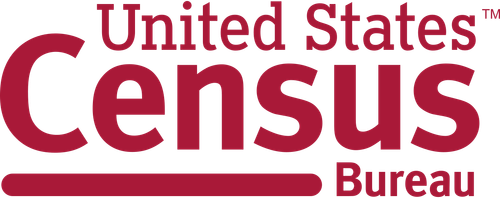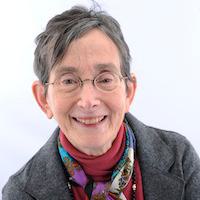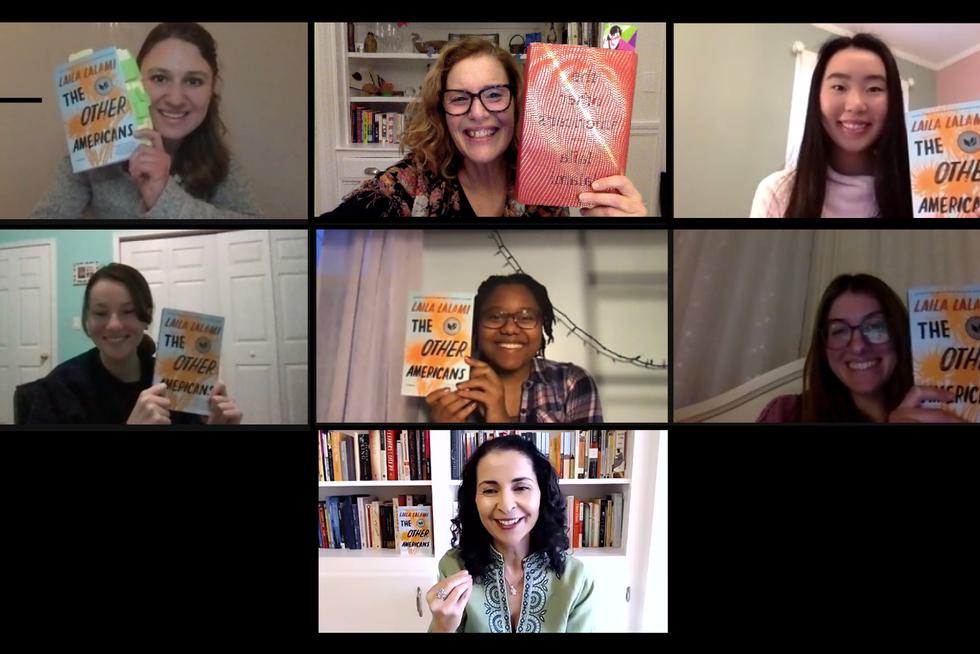Classical Studies
Academic Department Introduction
Classical studies is the first and oldest area of study, exploring ancient Greek and Roman cultures from the second millennium BCE to the fall of the Western Roman Empire. Classical studies investigates the ancient Mediterranean in all its richness and diversity.
We offer two majors: classics and classical civilization. In both, students explore the ancient world through an integrated, cohesive program of courses. Individual programs are tailored to meet students’ interests, such as literature, archeology, philosophy, law, or religion. A background in Latin or Greek is not necessary. Rooted in ancient Greek and Roman texts and artifacts, our field also considers how later poets, politicians, and playwrights have reimagined these worlds, whether that’s Homer’s influence on Dante or Toni Morrison’s use of Medea in her novel Beloved.
Learning goals
- Read and interpret texts in Greek and/or Latin and in English translation.
- Read and analyze primary and secondary sources and communicate ideas clearly and effectively in oral and written form.
- Work with a range of texts and artifacts to develop an interdisciplinary
understanding of the historical context in which they were produced. - Understand the diversity of cultures in the ancient Mediterranean and their interactions.
Programs of Study
Classics major
The classics major combines work in both Greek and Latin with course work in English on the history, literature, society, and material culture of the ancient world.
Classical civilizations major
The classical civilizations major requires the study of either Greek or Latin and course work in English on different aspects of the ancient world.
Course highlights
Greek and Roman Mythology
CLCV104
Achilles' heel, the Trojan Horse, Pandora's Box, an Oedipal complex, a Herculean task-themes and figures from classical mythology continue to play an important role in our everyday life. We will read the original tales of classical heroes and heroines as depicted by Homer, the Greek tragedians, Vergil, Ovid, and others. Why do these stories continue to engage, entertain, and even shock us? What is the nature and power of myth? Readings from ancient sources in English translation.
-
Gods and Heroes
CLCV206
The mythic tales of gods and heroes featured in the epic poems, sacred hymns, and tragic theatre of Greece and Rome were also present in material form as votive statues, on painted vessels, and in architectural decoration. This course will focus on the interplay between textual and visual representations of Olympian deities like Zeus, Hera, and Poseidon; legendary figures such as Heracles, Theseus, and the heroes of the Trojan War; and the infamous women of myth: Helen, Clytemnestra, and Medea. We will analyze how visions of the heroic age-replete with legendary battles, divine seductions, and exotic monsters-provided ancient societies with new opportunities to create a shared history, foster ethnic and civic identity, and transmit ideological values about age and gender.
Research highlights
-

Professor Bryan Burns is co-director of a multiyear, international, collaborative excavation at Ancient Eleon in central Greece. Every summer, Wellesley students participate in the excavation, and there are also opportunities to continue research back on campus.
-

Professor Ray Starr has two current areas of research. The first focuses on ancient Roman businesses and how they marketed their products, and the second focuses on readers and their texts in antiquity, from the circulation of literary works in bookstores and private networks of friends to readers’ experiences with texts in various forms. These include papyrus rolls and inscriptions on stone, a reflection of his involvement in Book Studies at Wellesley.
-

Professor Catherine Keane Gilhuly’s research interests are sex and gender in Greek literature. Her latest book is Erotic Geographies in Ancient Greek Literature and Culture.
-

Professor Carol Dougherty’s current research focuses on the themes of mobility and hospitality in archaic and classical Greek culture and literature.
Beyond Wellesley
Beyond Wellesley
Our graduates build fulfilling careers in a variety of fields, including corporate business, entertainment, government, and higher education. Many pursue graduate degrees. Knowing Greek and/or Latin, our grads are well prepared for careers in medicine or the law. A strong cluster teaches Latin at the high school level.
Recent Employers



Department of Classical Studies
106 Central Street
Wellesley, MA 02481










